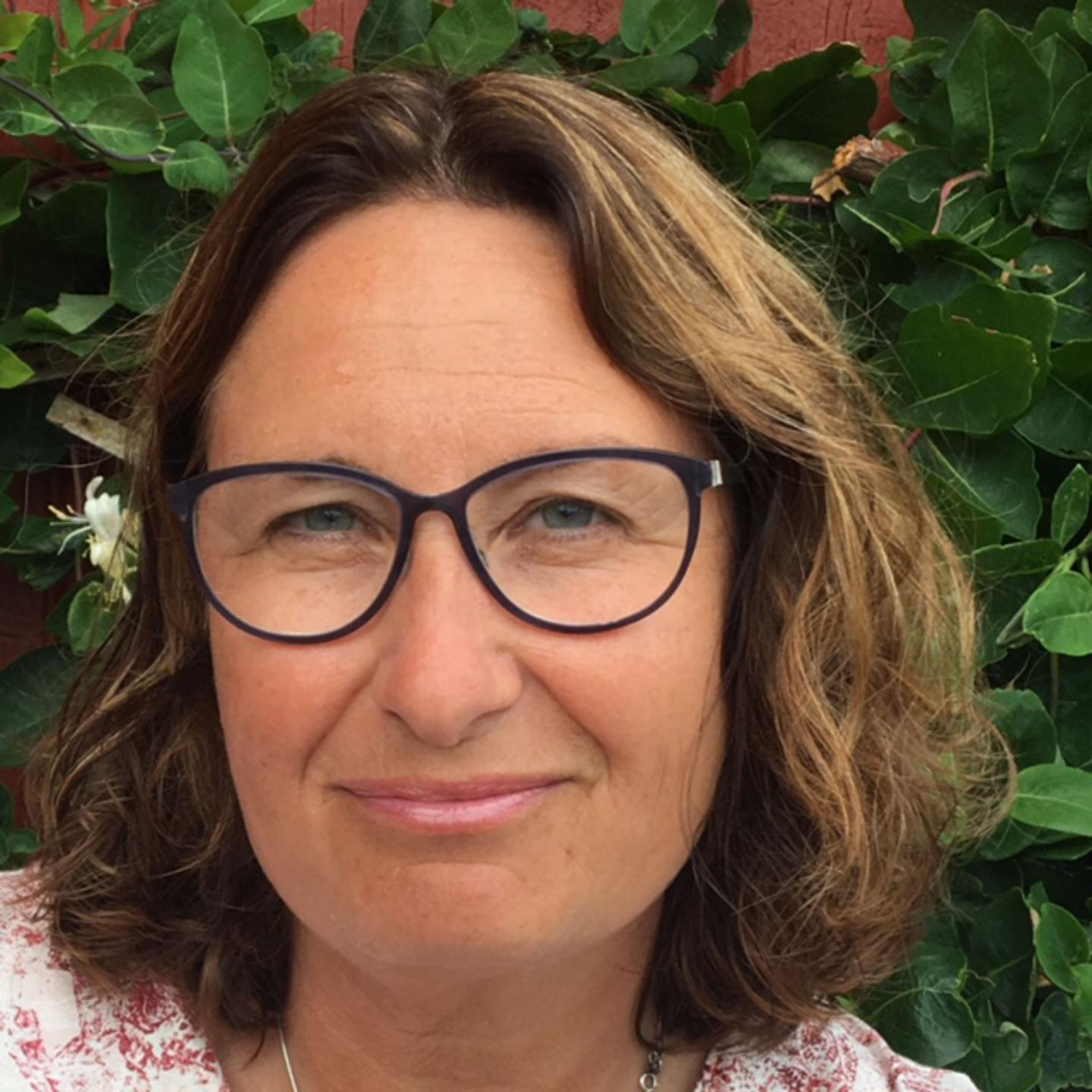
Credit: Photo: Oskar Palmerot
A warm smile and a caring hand on the shoulder are not enough to overcome the language barriers that can arise between parents and healthcare professionals in neonatal care in Sweden when the parents have not mastered the Swedish language. A new thesis raises the questions of when and how to get the assistance of an interpreter.
“Health professionals often say, in a well-intentioned way, that parents should let them know if they want an interpreter. But that’s difficult when the parents lack language skills and, what’s more, don’t wish to be a nuisance or a burden. Instead, Healthcare professionals should use interpreters more often and at an early stage,” says Katarina Patriksson, who has a PhD in care sciences at Sahlgrenska Academy, University of Gothenburg, Sweden, and is a pediatric nurse in neonatal care.
Parents of infants in neonatal care who were born prematurely or are in poor health must be enabled to take part in the care of their children. This requires good communication both in medical issues and in matters relating to the care of the child.
When the parents cannot speak Swedish, language barriers may arise unless there is an interpreter present. This is evident from the interviews with healthcare professionals and Arabic-speaking parents conducted by Patriksson in the course of her thesis work.
A parent relates that he tries to discern the expression in the staff’s eyes when they come into the ward, “to see if it may be about my child.” Another parent says, “They just come in and fetch my child, and do lots of things.”
The thesis was based on interview and observation studies on healthcare professionals and parents in neonatal care in Västra Götaland County, southwest Sweden, and on a questionnaire survey of healthcare professionals from all the neonatal wards in Sweden.
Interviews with the healthcare professionals show the importance of everyday dialogue with the parents about their children’s care. As one pediatric nurse expressed it, “When you talk about inessentials, you often get into the essentials.”
In endeavoring to communicate well with the parents, the healthcare professionals use not only interpreters but also technical (such as visual) aids and online translation services. Nevertheless, they feel frustrated and afraid that vital information is not reaching the parents, with the associated risk of misunderstanding and anxiety among them.
The parents, for their part, find that the healthcare professionals warmth and care compensate for the language barriers. However, they feel that they are treated differently from Swedish-speaking families on the ward. This may be perceived as making things so awkward as to put a damper on their joy about the newborn baby.
When discussions are held with interpreter’s present, often after a few days’ delay, a situation may arise in which the parents have a difficulty in talking in all the information at one go. There are no national guidelines on when and how to engage interpreters in neonatal care.
“More interpreting help is needed to bridge the language gaps and coach parents in their new role, especially if they come from a different medical tradition in which more responsibility is transferred to the healthcare sector,” says Katarina Patriksson.
###
Title: Please let us know if you would like an interpreter; Communication in neonatal care between healthcare professionals and parents in the presents of language barriers; http://hdl.
Media Contact
Katarina Patriksson
[email protected]
Original Source
https:/




